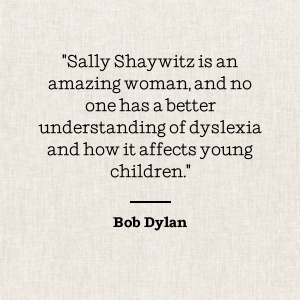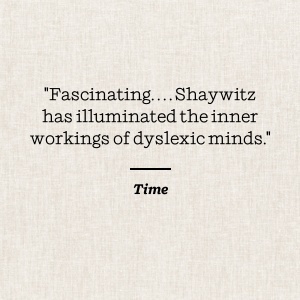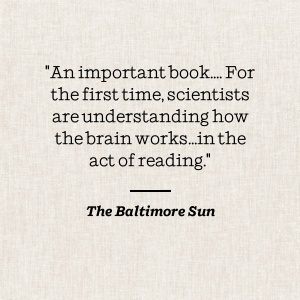

Full description not available



A**E
A Must Read for Parents, Educators and Rdg Teachers!
This was an amazing book. There IS hope if you or someone you know is dyslexic! This is an encouraging book that empowers you to take charge and help your child,student, yourself... become a stronger reader!Dispells many myths about dyslexia and what it is.Focuses on strategies and curriculum based on strong research.Describes how the brain works when it comes to language... and how brain scans have shown "improvement" in areas of the brain (left lobes) that have been activated after effective reading strategies and programs have been implemented.It is filled with lots and lots of specific, practical ideas, resources and information about how readers learn to read and how we can help children (and adults) who have difficulty reading. Although the title refers to dyslexia, it is a great book if you want to understand how the reading process works and what you can do as a parent/teacher/caregiver to help your child overcome dyslexia,to solidify your child's reading skills if they don't have dyslexia, or to get them off to a great start reading in the early years. There are also specific descriptions of which signs to look for EARLY ON to detect any reading difficulties or dyslexia and address them then.I used many of the ideas in the text with my own daughter who is learning to read... and also with a few students I've worked with who struggle with reading. I was surprised to find that many of the descriptions in the book, of the kinds of errors that children with reading difficulties or dyslexia make, exactly described some of the things I was seeing with the children I worked with.This is a book I borrowed from the library first, then knew, without a doubt, I had to buy and have for a reference again and again!
J**N
The BEST book on dyslexia for parents
I bought this book because I was taking a free course on Coursera offered by Yale about dyslexia. This is the best purchase I have made in years. It is very helpful and well written. The index at the back of the book is very helpful.
J**T
Best DYSLEXIA book around because it focuses on students strengths and quality educational research
I have used this book over and over for more then 10 years now to help students learn to read. What I love most is it focuses on student strengths and gives concrete action steps to help your child overcome dyslexia today. A parent is a students biggest advocate and manned with this book you can help your child get the education they deserve to learn to read. This is the best book written on teaching for struggling readers and offers concrete interventions that are scientifically researched based for helping students learn to read. As Shaywitz says, ALL STUDENTS CAN LEARN TO READ and parents need to advocate for their students. As a teacher I have met special education educator, after teacher, superintendents, and parents who swear by this method of learning. It's good for all students. 1 in five students in every classroom is a struggling reader and this book should be MANDATORY for all educators k-12+. I have used these methods, especially text fluency which she says is the number one intervention and any parent can do to help students. Students with dyslexia proper need a specific program, I recommend Reading Mastery myself but all students can learn to read and the evidence is clear including the updated brain research and the steps to take. If only all educators had a copy.
C**N
Comprehensive Resource for Parents, Educators and Professionals Working with Students
I love this book. My daughter has acquired severe dyslexia from her traumatic brain injury. This book has helped me work with my daughter with great success. As a special/general educator and licensed cognitive brain trainer, I talk to a lot of parents who have children with Dyslexia. Dyslexia is such a broad term anymore. Sally helps to break down the confusion and provides you with research based viewpoints. In her book she explores Dyslexia and focuses on the main group of children who are Dyslexia due to weak phonological awareness. Her research is backed by her brain images of the participants in her studies. She then provides you with some great research based resources to help overcome the Dyslexia. It was very interesting to read about Dyslexia and how people with Dyslexia process differently in their brains. Sally shows you how normal readers brains will light up during a reading exercise and compares it to people with Dyslexia. She then goes a step further to show you how the brain lights up, similar to normal readers, after intense interventions towards strengthening the underlying weakness with the underlying phonological awareness/analysis skill. As a brain trainer and educator, I began applying the approaches that Sally mentions in her book, with the students I work with and have had fantastic results. I work with students to assess all of their cognitive skills, strengthen them and then work with phonological awareness interventions along with visual kinesthetic cognitive strategies. I am very thankful to have someone like Sally researching on Dyslexia and proving through science that you can help students with this condition learn to read.
Trustpilot
2 weeks ago
1 month ago